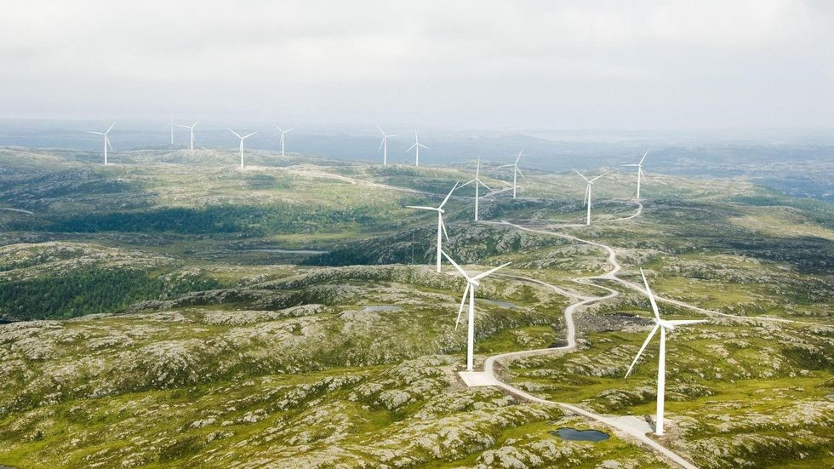Research reveals ‘clean energy’ minerals overlap with Indigenous lands
A study from The University of Queensland identified 5,097 mining projects involving about 30 minerals needed in the energy transition, and found some 54% are located on or near Indigenous peoples’ lands.
23 February 2023
Urgent solutions needed to address climate change are introducing new impacts and dynamics as mineral and metal resources are extracted to support energy transitions. These increasingly include Indigenous peoples’ and peasant land. Unless the local effects of resource extraction are comprehensively addressed, global climate mitigation efforts will exacerbate local and global effects. This will be especially seen in locations that have historically been less impacted by forces of industrialisation.
The study’s authors, John Owen and Deanna Kemp, note that:
“Vast quantities of minerals are needed to accelerate the transition to a clean energy future. Minerals and metals are essential for wind turbines, solar panels, and batteries for electric vehicles. But Indigenous peoples have raised concerns about more mining on their lands and territories. These lands are valuable ecologically and culturally. Their soils, and land cover such as forests, store carbon which helps to regulate the planet’s climate. Typically, the lands are also intrinsic to Indigenous peoples’ identity and way of life. Energy transition minerals are essential to tackling climate change. But First Nations people must have a genuine say in where and how they’re extracted.”
– John Owen and Deanna Kemp
Bauxite reserves and resources have the highest degree of overlap (94%) with Indigenous and/or peasant land. In terms of other contextual risk factors, bauxite has the lowest exposure to water risk but the highest exposure to food insecurity risks. Conflict is a risk factor for all energy transition minerals and metals.

Wind farms on the traditional lands of the Sami people of Norway impact on the traditional practices of the Sami peoples by altering the reindeer migration routes.
ASI’s work on these issues
ASI works with its Indigenous Peoples Advisory Forum (IPAF) to support their participation in ASI’s Standards Committee, provide technical and other support on issues related to the aluminium value chain, build capacity including through local projects, and enable engagement with each other. This is important and ongoing work as part of ASI’s ‘Beyond Certification’ workstream. Current projects include Indigenous-led workshops with communities across northern and western Australia; qualitative research in Guinea in rural bauxite mining regions; and supporting the development of an Indigenous-Led participatory cumulative impact assessment methodology for traditional ecosystem services, by a project team in India and Norway.
As part of the ASI Certification program itself, the ASI Performance Standard addresses matters relevant to Indigenous Peoples, particularly under criteria 9.3 and 9.4. A critical element is the principles and processes of Free Prior and Informed Consent (FPIC). The 2022 update to the Standard expanded the detail and guidance for these criteria, to support better implementation. ASI published a new online learning course on FPIC in January, which includes examples of practical approaches to culturally appropriate engagement.
Through ASI Certification and our IPAF work outside the Certification program, ASI emphasises the interconnections between climate, circularity, nature-positive and human rights. It is essential that these tensions are understood to avoid global climate solutions undermining parallel sustainability endeavours. Responsible production practices throughout the aluminium value chain are critical to well considered sustainability-driven transitions.
Read more
RELATED TOPICS:
SHARE THIS ARTICLE


